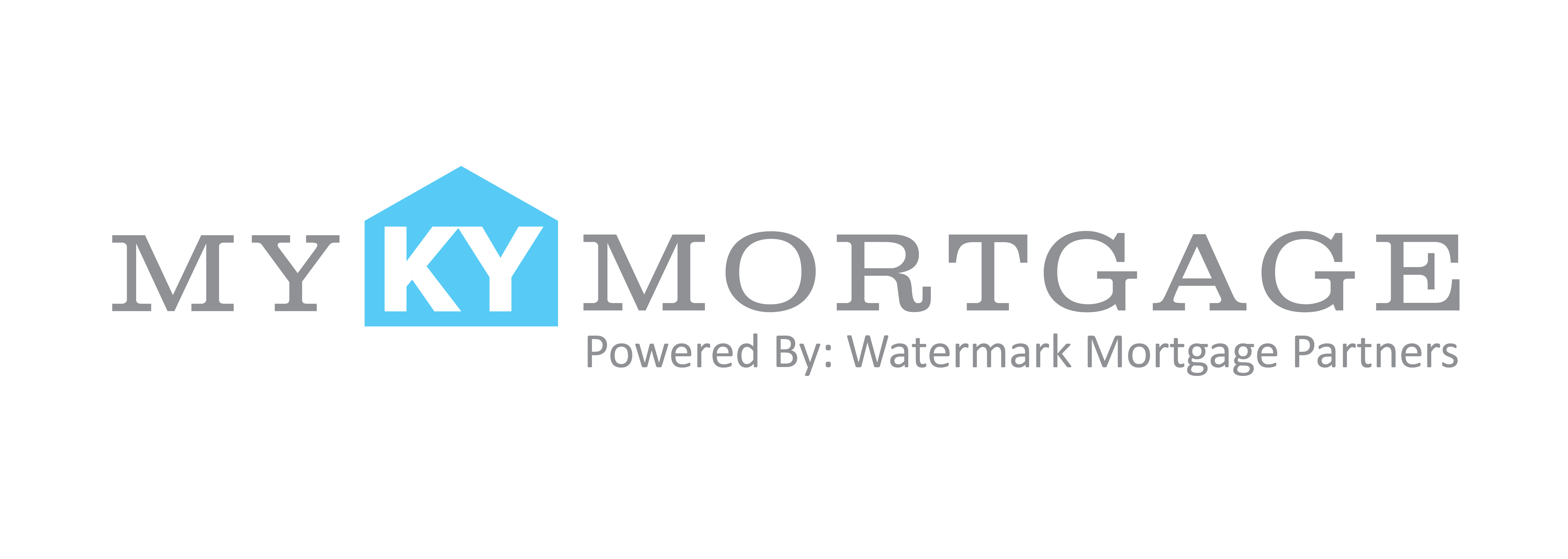Mortgage lenders look at four factors when deciding whether to grant financing, and having an understanding of each will help make the process much easier.
Steady income
Having a stable income is key. Lenders crave a consistent income that is poised to continue into the future, while any gaps in employment during the past two years must be explained and documented. If you’re self-employed, your income will be averaged over the past two years. Pay stubs and a verification of employment also will be required for a W-2 employee.
Good credit scores
Your credit score typically needs to be at least 720 or better. That doesn’t mean that you can’t get a mortgage if your credit score is less than 720, but your credit will be examined more closely (a 580 score is the minimum needed today). Perhaps you’re using a high percentage of your credit and your score is slightly lower due to credit card balances. Or maybe you missed a payment in the past. Whatever the circumstances, anything 700 or above is considered good when qualifying for financing.
Low levels of debt
In terms of debt, your minimum payment liabilities should be low related to your monthly income, with a target range at 10 percent or lower of your gross income. A mortgage payment can be a substantial portion of your income. Keeping your minimum payment obligations at 10 percent or lower should allow room for a mortgage payment. The amount of money you can borrow is a function of how that payment fits into your income with your other monthly liabilities.
Assets
Ideal mortgage candidates will have a 720 credit score, 20 percent down and a healthy debt-to-income ratio of at least 36 percent. They also will have a good payment history and solid income. Note: The more cash you put down, the lower your monthly mortgage payments.


